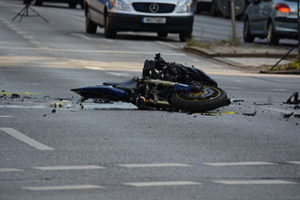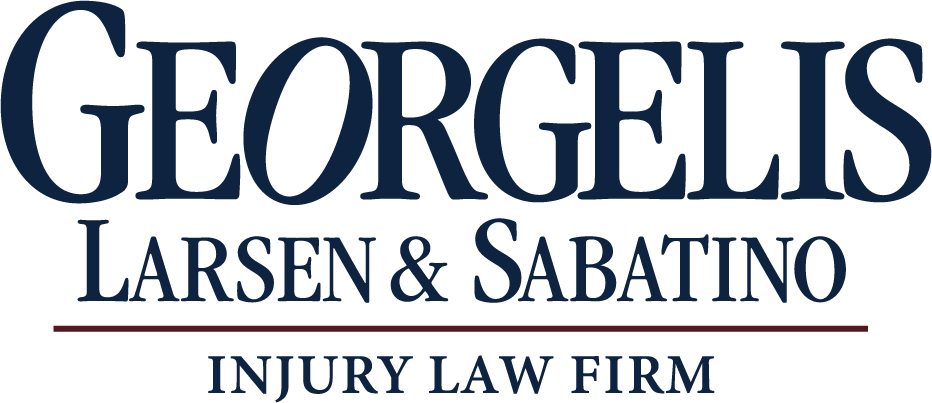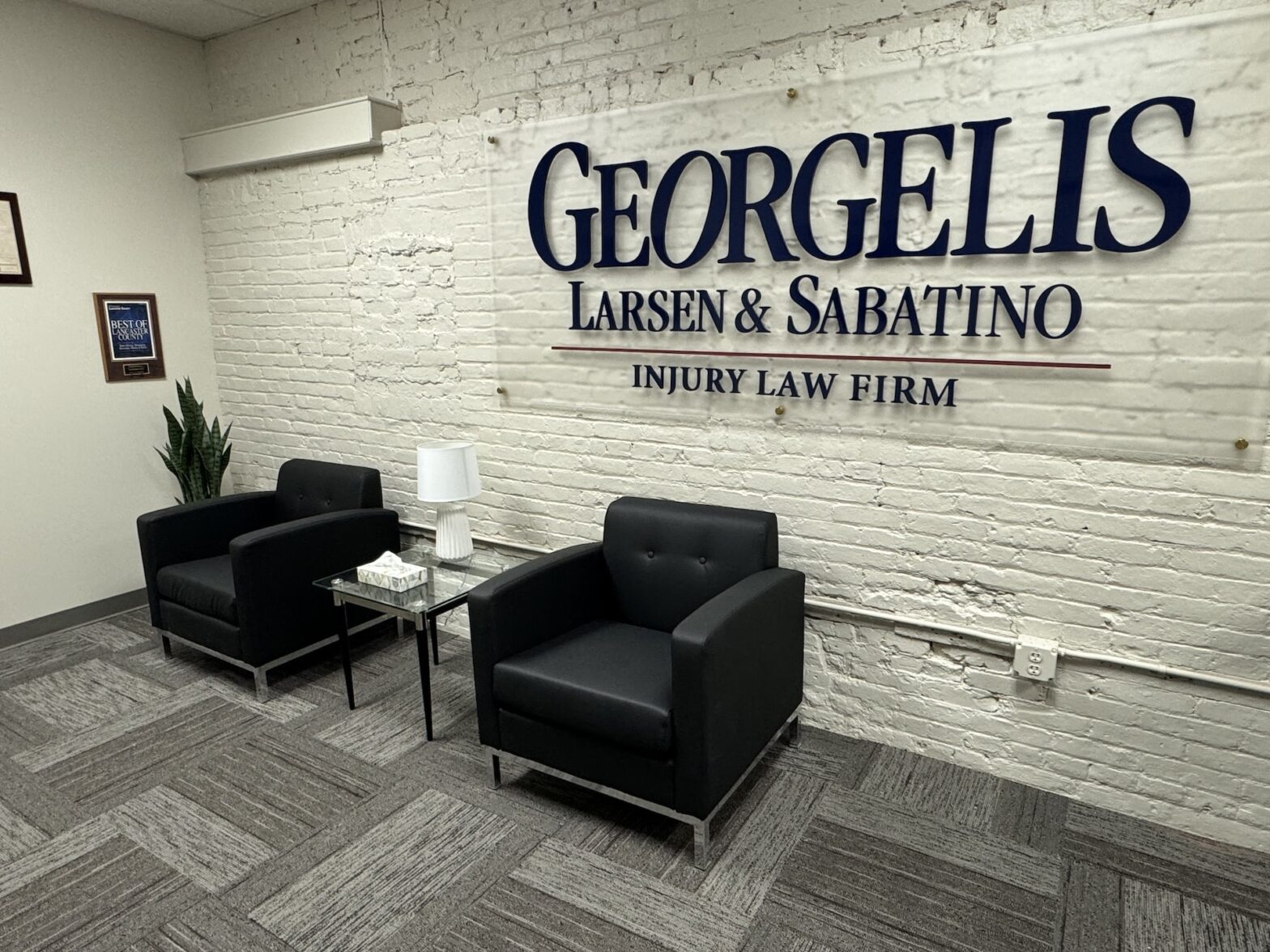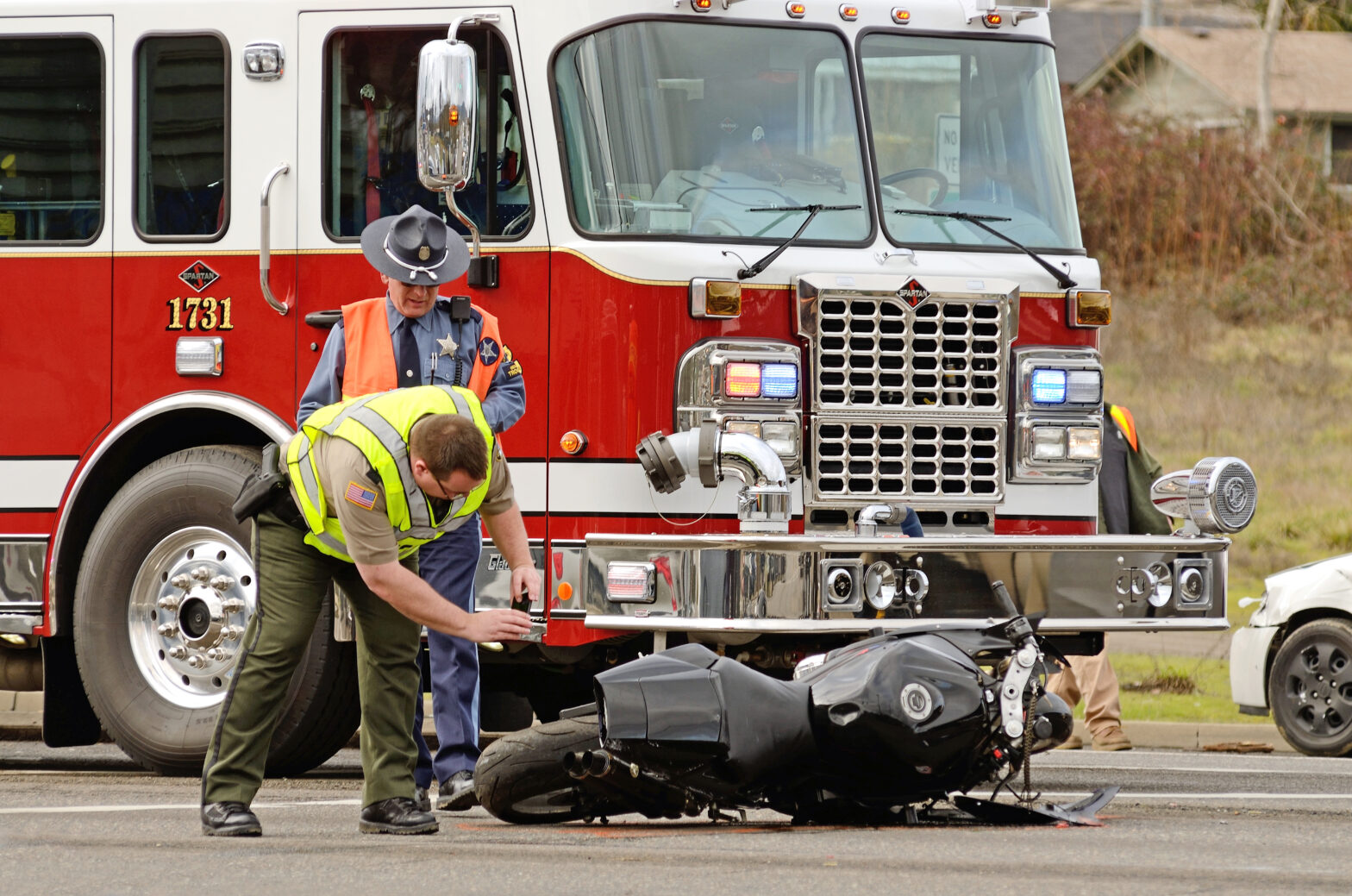For motorcycle enthusiasts, riding is a way of life. As such, most bikers are experienced, careful drivers who obey the rules of the road. Both private advocacy groups and law enforcement agencies across the country have attempted to raise awareness to the presence of motorcycles on the nation’s roadways. Despite these efforts, motorcycles continue to be disproportionately represented in collisions. Moreover, in a significant percentage of those collisions, the driver of the at-fault vehicle admits to being unaware of the proximity of the motorcyclist just prior to the accident. If you have been injured in a motorcycle accident, evidence collection will play a vital role in proving fault and ensuring that you are fully and fairly compensated for all your injuries.
Injuries in a Motorcycle Accident
 If you own a motorcycle, you already know that there is nothing like the feel of freedom you have when rolling down the roadway on a beautiful day. Unfortunately, that feeling of freedom comes at a cost. The very thing that makes riding a motorcycle so attractive also makes it potentially more dangerous because in order to get that “wind on your face” feeling, you give up the protective steel barriers offered by a passenger vehicle. Consequently, you stand a much higher chance of serious, even fatal, injuries if involved in a motorcycle crash. According to the National Highway Transportation Safety Administration (NHTSA), your risk of a fatal crash is 35 times greater than a passenger car, per vehicle mile traveled. Moreover, approximately 80 percent of motorcycle collisions result in injury or death compared to just 20 percent for passenger vehicles.
If you own a motorcycle, you already know that there is nothing like the feel of freedom you have when rolling down the roadway on a beautiful day. Unfortunately, that feeling of freedom comes at a cost. The very thing that makes riding a motorcycle so attractive also makes it potentially more dangerous because in order to get that “wind on your face” feeling, you give up the protective steel barriers offered by a passenger vehicle. Consequently, you stand a much higher chance of serious, even fatal, injuries if involved in a motorcycle crash. According to the National Highway Transportation Safety Administration (NHTSA), your risk of a fatal crash is 35 times greater than a passenger car, per vehicle mile traveled. Moreover, approximately 80 percent of motorcycle collisions result in injury or death compared to just 20 percent for passenger vehicles.
Types of Evidence in a Motorcycle Accident
If you are injured in a motorcycle accident, you may be entitled to compensation for your injuries if another party’s negligence caused, or contributed to, the collision. Proper evidence collection is the key to proving that negligence as well as proving the extent of your injuries, both physical and psychological. Some common types of evidence you might collect in a motorcycle crash include:
- Photos of the scene of the accident
- Police report
- Statements or interviews by witnesses to the collision
- Results of a chemical test if the other driver appeared to be under the influence
- Accident reconstruction report – this is completed by an expert who looks at all relevant factors, including things such as skid marks, pavement condition, weather reports, and vehicle inspections to determine how the accident occurred.
- Damage to the vehicles indicating how the impact occurred
- Hospital reports
- Damages gear or clothing
- Cellular telephone records if texting while driving is suspected
- Physician reports including type and extent of injuries along with future prognosis
How Is Evidence Collected in a Motorcycle Accident?
As the victim of a motorcycle accident, your focus should be on healing your physical injuries and managing the emotional trauma caused by the collision. Your motorcycle accident attorney will focus on collecting the evidence necessary to prove the defendant’s negligence. Your attorney may use a professional investigator to collect evidence from the scene of the accident, contact and interview witnesses, and inspect the vehicles. Documentary evidence, such as cell phone records, may be obtained using discovery tools and subpoena powers. With your consent, your attorney can obtain copies of your medical records and request reports from treating physicians. In some cases, your attorney may need to retain the services of expert witnesses, such as an accident reconstructionist, to help prove negligence.
Ultimately, the key to proving negligence in your motorcycle accident lawsuit is to hire an experienced motorcycle accident attorney who has the resources and skills necessary to collect crucial evidence.





